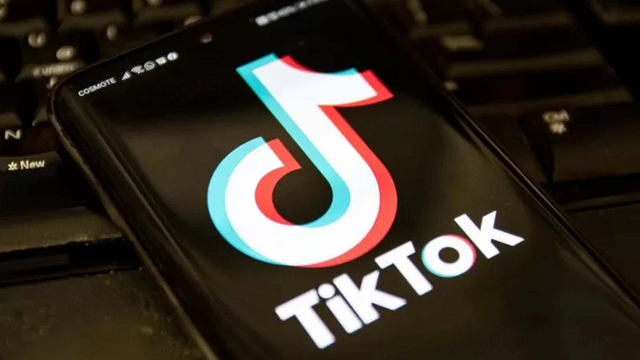Voters across Europe are increasingly rejecting the established globalist political order, and Romania has followed suit with a surprising turn in its presidential elections. In a shocking result, a right-wing independent candidate, Călin Georgescu, achieved a significant victory in the first round of the presidential polls, catching mainstream political forces off guard. Notably, he triumphed over incumbent Prime Minister Marcel Ciolacu, who suffered a disheartening third-place finish, thereby eliminating him from the runoff vote scheduled for December 8. Georgescu’s unexpected ascendance signals not only a shift in Romanian politics but also a broader rejection of prevailing political norms and responses that have frequently disappointed voters in recent years.
The aftermath of Georgescu’s win sparked interpretations and responses focused on finding a scapegoat for the political upheaval. Mainstream political leaders and commentators are pointing fingers at social media, specifically TikTok, for allegedly facilitating his rise. Valérie Hayer, a prominent Member of the European Parliament, demanded the CEO of TikTok be summoned to discuss the platform’s purported influence in the election. It’s suggested that the outcome reflects an environment in which certain digital platforms could potentially distort political dialogues and elections through misinformation and covert activities leading up to the vote.
Concerns have intensified around the implications of Georgescu’s victory for the future of Romanian and European politics. As an ultranationalist and pro-Russian figure, his success raises alarms about potential shifts in Romania’s alignment with the European Union and NATO. Politico reports that Hayer described Romania’s situation as a cautionary tale, warning that radicalization and disinformation could undermine political stability across Europe. The prevailing discontent towards conventional politics is manifesting in various countries, with the Romanian election serving as a critical indicator of these broader trends within the EU.
Adding to the discourse surrounding Georgescu’s rise, Prime Minister Ciolacu noted that funding for his TikTok campaign warrants scrutiny. Such statements reflect the unease within traditional political circles about the influence of new media on voter sentiment and electoral outcomes. However, officials from TikTok have pushed back against assertions of Russian interference and questioned the validity of speculations about disinformation linked to their platform. TikTok’s spokesperson emphasized that numerous candidates in the election had established their own presences on the app and that winners engaged in multifaceted campaigning strategies across various digital platforms.
To further counter disinformation, TikTok asserts that it has set up an election center within the app to provide accurate electoral information for users. Collaborating with a local non-governmental organization (NGO), the platform aims to enhance digital literacy among Romanian users and combat potential disinformation campaigns. This initiative indicates an awareness from TikTok of the growing scrutiny of its role in political communications and the significance of establishing credibility and trustworthiness in the eyes of both the electorate and political authorities.
As Romania braces for a runoff election, the implications of Georgescu’s unexpected first-round success reverberate beyond its borders, suggesting a notable shift in regional political trends. The outcome underscores a critical junction wherein the complexity of digital influence on politics, the efficacy of traditional campaigning methods, and the demystification of populist agendas are converging. With governance and public sentiment more intertwined with social media dynamics, the lessons gleaned from this election will likely provide insight into the future of political landscapes across Europe. As other nations watch with interest, the Romanian electoral result could either signal an upsurge in similar political movements or provoke a stronger pushback from established political frameworks seeking to reclaim voter trust.

